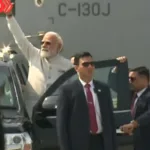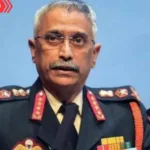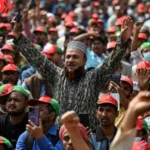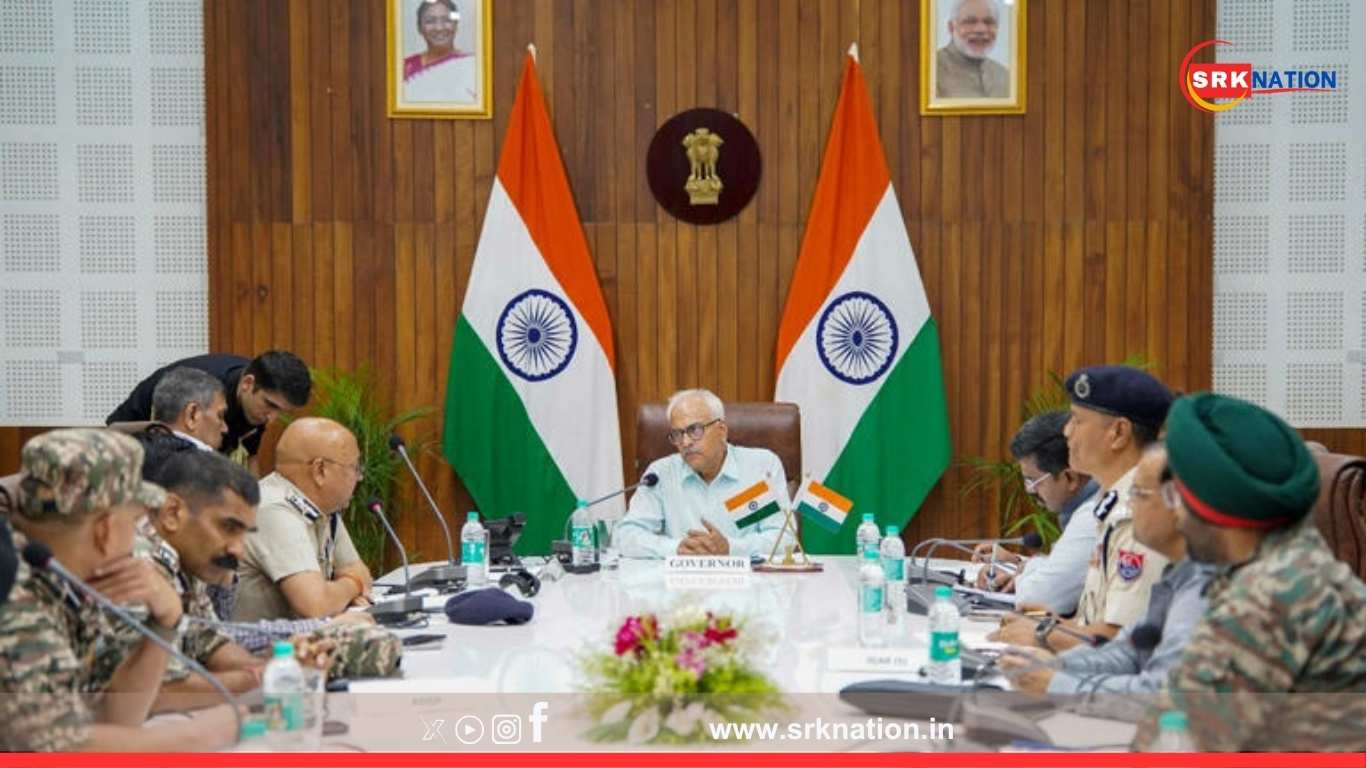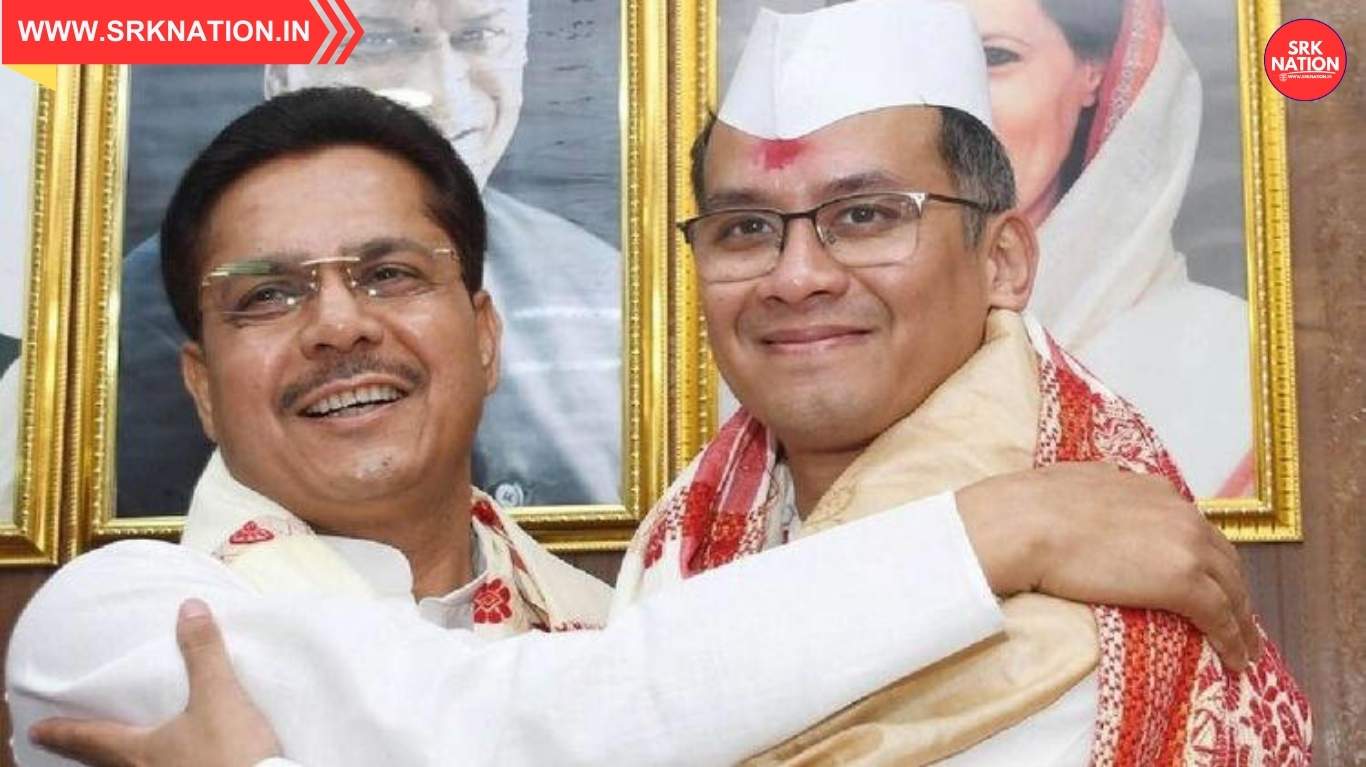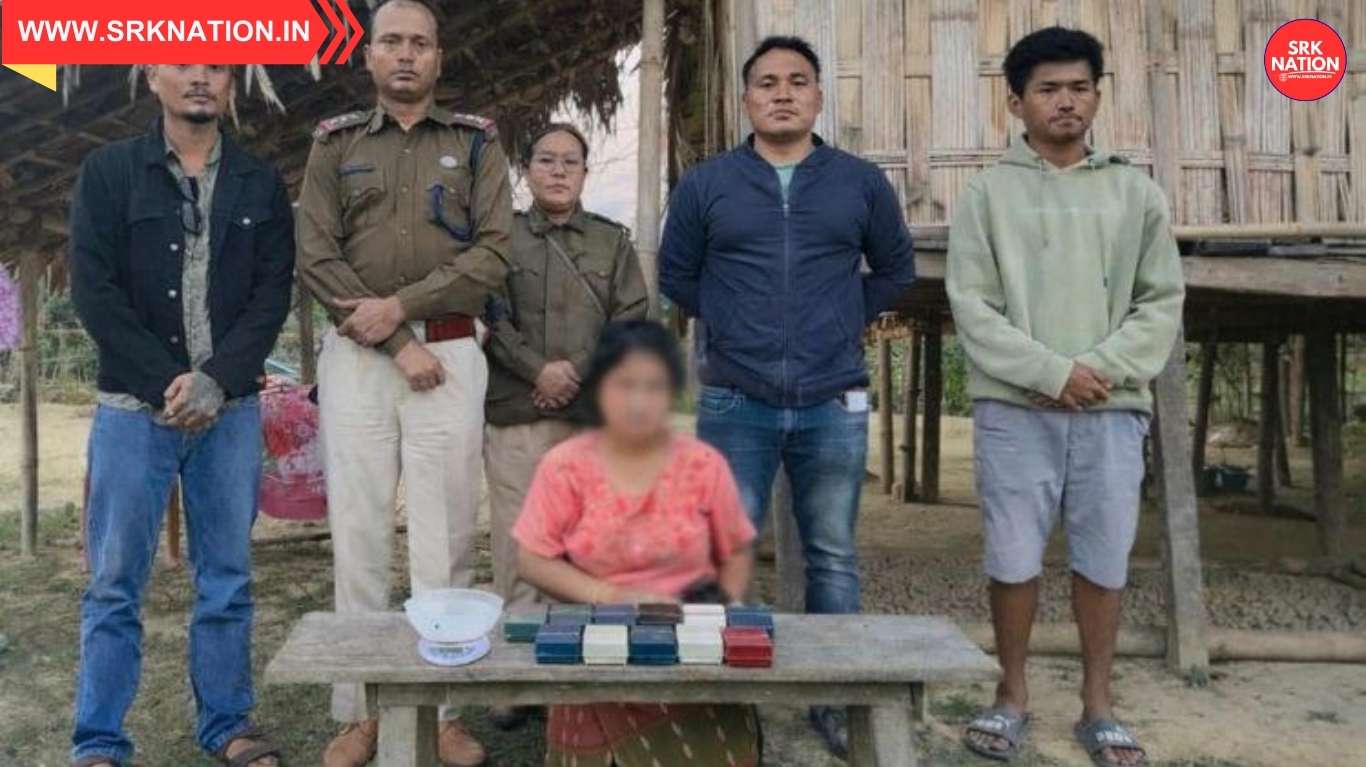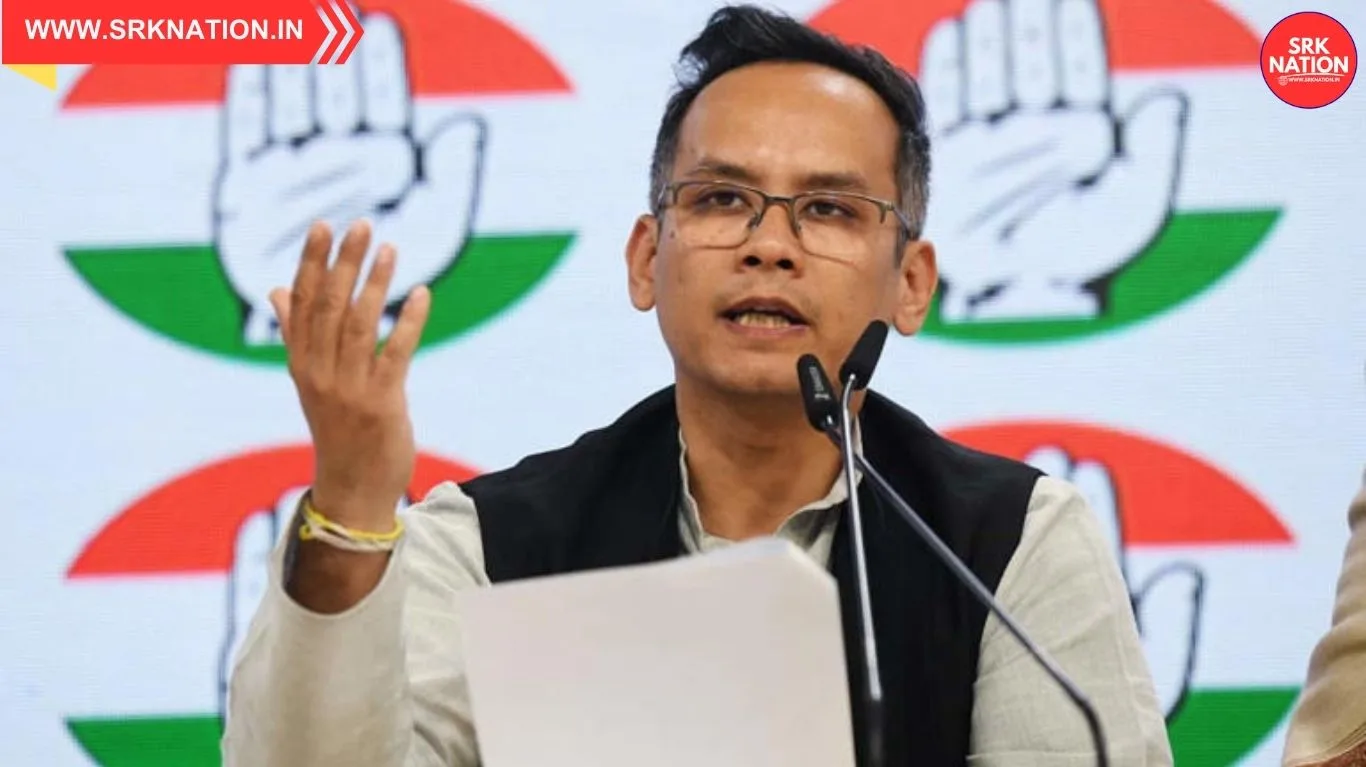In a major move towards restoring peace and stability in violence-hit Manipur, Governor Anusuiya Uikey on Tuesday announced a structured three-phase resettlement plan for families displaced during the ethnic clashes that erupted last year. The announcement comes amid sustained demands from civil society groups, displaced communities, and humanitarian agencies for urgent rehabilitation of over 50,000 affected people living in relief camps for months.
Background: Ethnic Clashes and Displacement Crisis
Manipur witnessed widespread violence starting May 2023 following tensions between the Meitei and Kuki communities, resulting in:
- Over 200 deaths.
- Burning of thousands of homes across districts like Churachandpur, Imphal West, Kangpokpi, and Bishnupur.
- Nearly 50,000 people forced to flee and take shelter in temporary relief camps, churches, and community halls with inadequate facilities.
Human rights groups had repeatedly flagged the harsh living conditions, lack of education access for children, health hazards, and rising mental health issues among the displaced.
Governor’s Announcement: Key Highlights
Governor Uikey outlined the three-phase resettlement strategy at Raj Bhavan, Imphal, after consultations with the Chief Minister’s Office, district authorities, and community leaders.
- Phase One – Immediate Rehabilitation (0-3 Months):
- Identification of families whose homes can be repaired quickly with government assistance.
- Provision of financial packages for rebuilding partially damaged houses.
- Immediate restoration of electricity, drinking water, and road connectivity in partially affected areas.
- Phase Two – Relocation to Permanent Housing (3-9 Months):
- Construction of permanent houses under PM Awas Yojana or state-funded housing schemes for those whose homes were completely destroyed.
- Allocation of land parcels in safe zones for families unwilling to return to original villages due to security concerns.
- Phase Three – Long-term Socio-Economic Rehabilitation (9-24 Months):
- Skill development and livelihood programmes to rebuild economic security.
- Counselling and mental health support for trauma recovery.
- Education support to reintegrate displaced children into schools.
Governor’s Statement
Addressing media, Governor Uikey said:
“Restoration of normalcy and dignity for displaced citizens is our top priority. This phased resettlement ensures immediate relief, secure housing, and long-term livelihood restoration, rebuilding lives with dignity and peace.”
She also urged all community leaders to cooperate and ensure peaceful reintegration, stating that violence only deepens suffering.
Government’s Planned Implementation
| Phase | Duration | Key Actions | Stakeholders Involved |
|---|---|---|---|
| Phase 1 | 0-3 months | Repair partially damaged houses, restore basic services | District administration, PWD, power department |
| Phase 2 | 3-9 months | Construct permanent houses, relocate families to safe areas | Housing department, revenue department, local councils |
| Phase 3 | 9-24 months | Livelihood programmes, mental health counselling, education support | Social welfare, health department, NGOs |
(Compiled from Governor’s Office press briefing)
Funding and Resource Allocation
The Manipur government is expected to utilise:
- State Disaster Response Fund (SDRF) for immediate rehabilitation works.
- Central assistance under PM Awas Yojana for permanent housing construction.
- Special packages from the Ministry of Home Affairs (MHA) for community infrastructure rebuilding and security enhancements.
Concerns Raised by Displaced Communities
While welcoming the announcement, representatives from displaced families expressed concerns over:
- Security guarantees before returning to native villages.
- Delays in release of rehabilitation funds announced earlier.
- Potential discrimination in resettlement based on community identities.
Lhingneilhing Kipgen, a relief camp resident in Kangpokpi, said:
“We want permanent solutions, not temporary announcements. Without guaranteed security and food supply, returning home is risky.”
NGOs Call for Community-Driven Implementation
Civil society organisations working in Manipur stressed that:
- Resettlement plans should be inclusive and participatory, involving displaced community representatives in decision-making.
- Trauma counselling and social healing programmes are critical to restore inter-community trust.
Expert View: Importance of Phased Rehabilitation
Prof. Rajeshwari Phukan, Social Policy Analyst, commented:
“Phased resettlement, if implemented sincerely with transparency, can address both immediate humanitarian needs and long-term integration. However, peace dialogues and security deployment must accompany resettlement to prevent renewed violence.”
Political Reactions
- Chief Minister N Biren Singh assured full administrative cooperation to the Governor’s plan, reiterating that peaceful rehabilitation is key to restoring Manipur’s growth trajectory.
- Opposition Congress leaders welcomed the initiative but demanded a white paper on fund utilisation and timelines to prevent delays.
Impact on Children and Women
Data from UNICEF and local NGOs show:
- Over 60% of displaced population are women and children.
- High risk of malnutrition, school dropouts, child labour, and mental trauma among camp children.
- Women face heightened insecurity, lack of sanitary facilities, and livelihood disruptions.
International Humanitarian Attention
The Manipur displacement crisis has attracted statements from:
- UN Human Rights Office urging India to ensure rehabilitation aligned with international human rights standards.
- International aid groups offering technical support for psychosocial counselling and livelihood restoration.
Way Forward
The state government has outlined immediate next steps:
- Form district-level committees to verify beneficiaries for Phase 1 rehabilitation.
- Finalise housing layouts and construction tenders for Phase 2 permanent housing by August.
- Partner with NGOs and international agencies to design Phase 3 livelihood and mental health programmes.
Conclusion
Governor Anusuiya Uikey’s three-phase resettlement plan signals a structured approach towards rebuilding lives shattered by violence in Manipur. While the announcement has raised hope among thousands living in relief camps, its success will hinge on timely implementation, inclusive consultation, security assurances, and transparent utilisation of funds. As Manipur moves towards peace and development, ensuring dignity and justice for its displaced citizens remains the state’s moral and constitutional obligation.
Disclaimer: This report is based on official statements, community interviews, and verified data from government briefings and humanitarian agencies. Readers are advised to follow updates from the Governor’s Office and state administration for phase-wise implementation schedules and beneficiary notifications.




